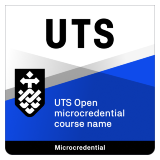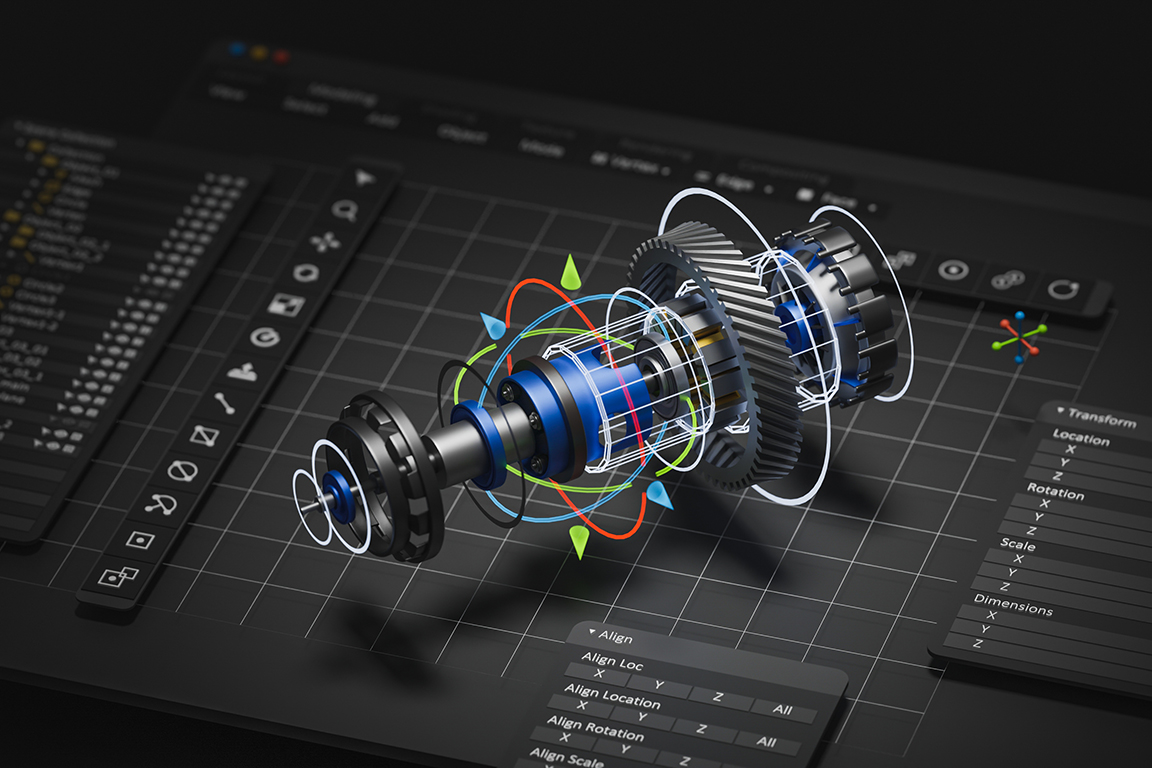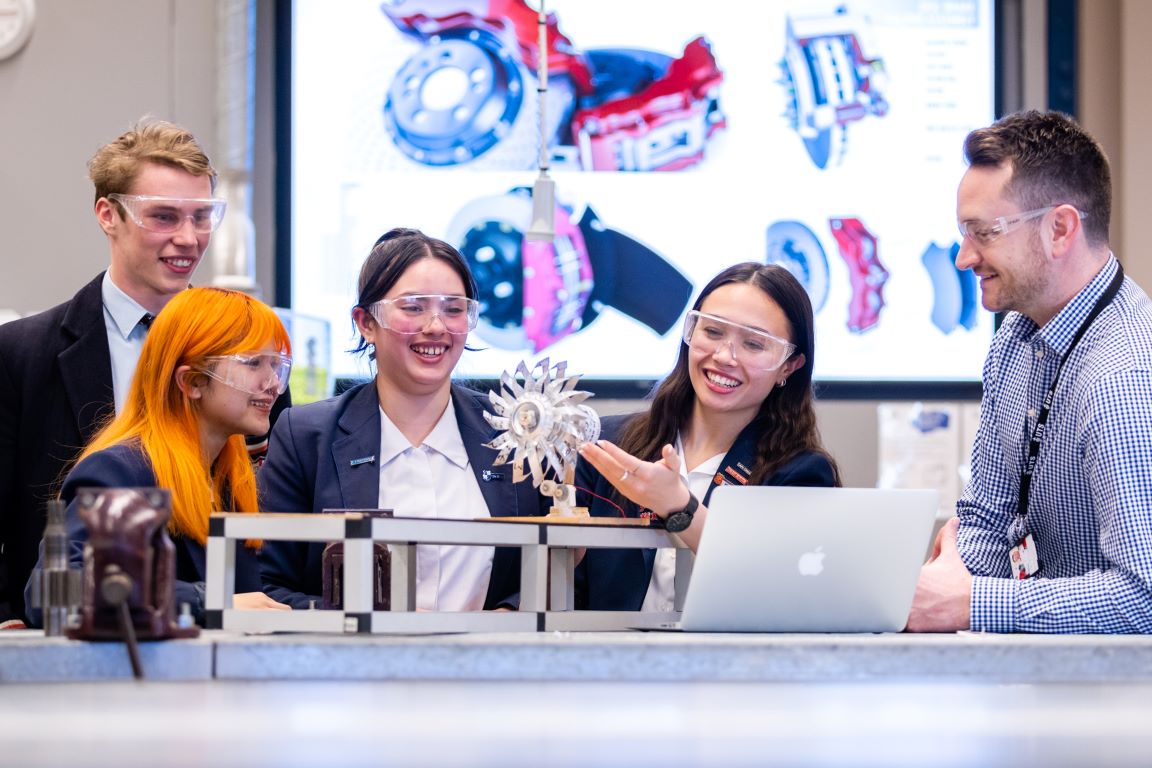This course is structured into 8 modules. Each module includes pre-session and post-session activities for participants to complete via self-study materials and facilitated with weekly live online sessions.
Module 1 - Introduction & syllabus unpack
Develop effective teaching strategies for the preliminary engineering studies syllabus including assessment tasks.
Module 2 - Mechanics 1
Develop analytical and graphical mathematical problem-solving knowledge and skills within engineering fundamentals and engineered products modules.
Module 3 - Mechanics 2
Develop mathematical problem-solving knowledge and skills within braking systems and biomedical modules.
Module 4 - Electricity
Develop electrical subject knowledge and problem-solving knowledge and skills within the engineered products and biomedical modules.
Module 5 - Materials 1
Develop material science knowledge and skills within engineering fundamentals and engineered products modules.
Module 6 - Materials 2
Develop material science knowledge and skills within the braking systems and biomedical modules
Develop knowledge of static friction and use mathematical methods to solve simple static friction problems.
Module 7 - Design communication
Develop engineering communication knowledge and skills with reference to Australian Standards 1100.
Module 8 - Computer aided design
Develop Autodesk Fusion360 knowledge and skills to develop 3D CAD models and working drawings.
Course delivery
This course will include a combination of self-paced learning and live webinar sessions. Participants will complete four hours of self-guided work per week, with two hours allocated to the live sessions, where there will be opportunities for participants to collaborate in ‘breakout’ rooms to develop topic knowledge and skills.
Participants will be working with a dedicated course facilitator who will support learning and engagement online. Teaching resources have been designed by a lead academic and a team of experts from the UTS Faculty of Engineering and IT.


















